Pastor Josh’s 2022 Book Recommendations
Here are 10 books I read and recommend this year.
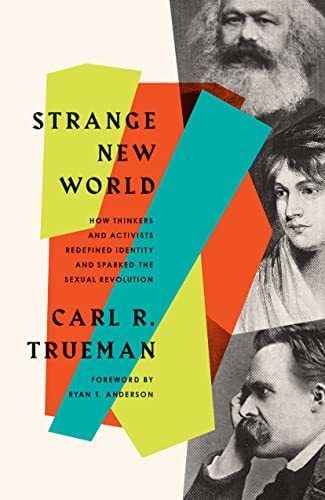
Strange New World
by Carl R. Trueman
Trueman wrote this work as an abbreviated and accessible version of his larger work, The Rise and Triumph of the Modern Self, which is critical for Christians to understand the chaotic world of “expressive individualism” in which we live. Truman achieved his goal here and I would encourage everyone to read especially parents and young adults. He masterfully connects the historical dots the have resulted in the “social imaginary” we experience each day.
by Carl R. Trueman
Trueman wrote this work as an abbreviated and accessible version of his larger work, The Rise and Triumph of the Modern Self, which is critical for Christians to understand the chaotic world of “expressive individualism” in which we live. Truman achieved his goal here and I would encourage everyone to read especially parents and young adults. He masterfully connects the historical dots the have resulted in the “social imaginary” we experience each day.
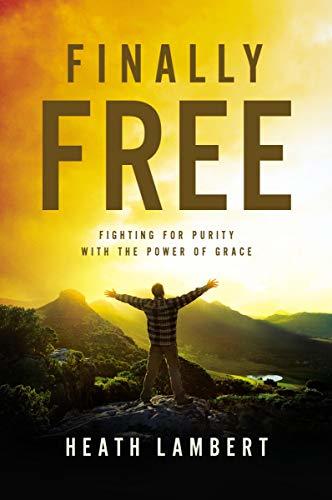
Finally Free
by Heath Lambert
Pornography is one of the great enemies of spiritual vitality in the church today. Lambert’s book provides a litany of wise counsel for helping Christians break free from its clutches. I also found that he provides helpful counsel for those looking to help shepherd others out of this addiction. I would recommend this as a top resource in this area.
by Heath Lambert
Pornography is one of the great enemies of spiritual vitality in the church today. Lambert’s book provides a litany of wise counsel for helping Christians break free from its clutches. I also found that he provides helpful counsel for those looking to help shepherd others out of this addiction. I would recommend this as a top resource in this area.
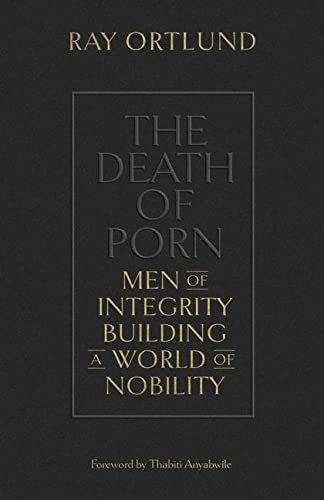
The Death of Porn
by Ray Ortlund
Ortlund’s short, accessible book aims at helping fight pornography addiction in a unique way. He begins with a vision of manhood and womanhood as God intended each to function in Christ. He then attempts, to give Christians a vision not only of not giving in to sexual addiction, but positively of proactively seeking to invest oneself in fighting the pornography industry. I found his work to cause Christians to ask themselves, what does it look like not only to not be enslaved to pornography, but also to fight it like a valiant dragon slayer in a way only Ortlund can.
by Ray Ortlund
Ortlund’s short, accessible book aims at helping fight pornography addiction in a unique way. He begins with a vision of manhood and womanhood as God intended each to function in Christ. He then attempts, to give Christians a vision not only of not giving in to sexual addiction, but positively of proactively seeking to invest oneself in fighting the pornography industry. I found his work to cause Christians to ask themselves, what does it look like not only to not be enslaved to pornography, but also to fight it like a valiant dragon slayer in a way only Ortlund can.
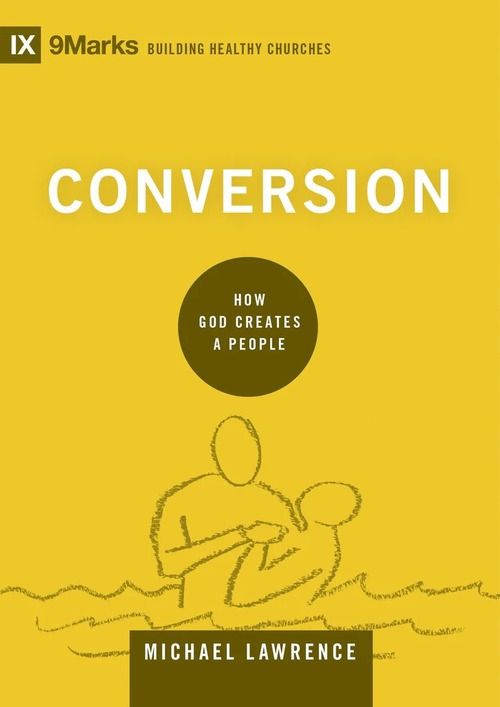
Conversion
by Michael Lawrence
I’m embarrassed to say I just read this book after years of encouragement from other pastors. This work is extremely accessible and offers a clear explanation of what biblical conversion looks like. Additionally, Lawrence provides helpful insight as to the implications of this critical doctrine that is often overlooked.
by Michael Lawrence
I’m embarrassed to say I just read this book after years of encouragement from other pastors. This work is extremely accessible and offers a clear explanation of what biblical conversion looks like. Additionally, Lawrence provides helpful insight as to the implications of this critical doctrine that is often overlooked.
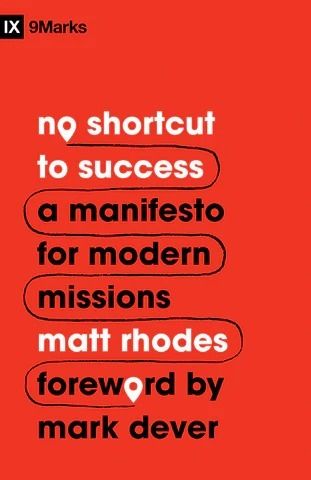
No Shortcut to Success: a Manifesto for Modern Missions
by Matt Rhodes
Rhodes unpacks some of the underlying philosophies driving some of the more influential movements of our day. His work shows that a significant amount of missions giving and efforts misunderstand two important realities: conversion and the church. I would encourage everyone to take a look at this critical work for understanding modern missions.
by Matt Rhodes
Rhodes unpacks some of the underlying philosophies driving some of the more influential movements of our day. His work shows that a significant amount of missions giving and efforts misunderstand two important realities: conversion and the church. I would encourage everyone to take a look at this critical work for understanding modern missions.
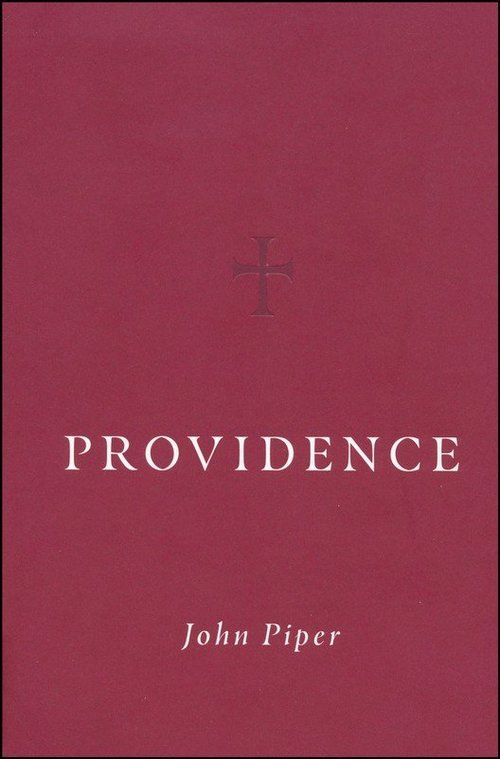
Providence
by John Piper
I have read much by Piper in the past and he had a profound influence on me as a younger Christian. This is one of the first books I have read by him in more recent history, but it did not disappoint. Here, he unpacks providence defining it as “the act of purposefully providing for or sustaining and governing the world” (30). Though it’s long, 751 pages, it’s also easy to read and caused me to worship afresh the God who not only sees but “sees to it.”
by John Piper
I have read much by Piper in the past and he had a profound influence on me as a younger Christian. This is one of the first books I have read by him in more recent history, but it did not disappoint. Here, he unpacks providence defining it as “the act of purposefully providing for or sustaining and governing the world” (30). Though it’s long, 751 pages, it’s also easy to read and caused me to worship afresh the God who not only sees but “sees to it.”
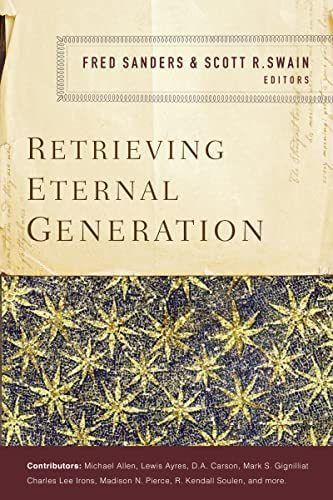
Retrieving Eternal Generation
by Fred Sanders and Scott Swain
Many translators have moved away from the language of “only begotten” for monogenes in verses like John 3:16 in the New Testament opting for “only” or “one of a kind.” This book gives an accessible explanation for why, while also arguing for the importance of keeping “only begotten” as language that reflects Nicene Orthodoxy and connects with the eternal generation of the Son.
by Fred Sanders and Scott Swain
Many translators have moved away from the language of “only begotten” for monogenes in verses like John 3:16 in the New Testament opting for “only” or “one of a kind.” This book gives an accessible explanation for why, while also arguing for the importance of keeping “only begotten” as language that reflects Nicene Orthodoxy and connects with the eternal generation of the Son.
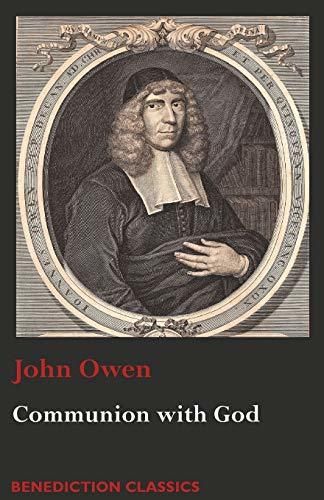
Communion with God
by John Owen
Owen’s writing can be dense, but it’s worth reading and rereading for the depths explored by him. Here, he explores the unique roles each of the persons of the Trinity play in communing with God’s people.
by John Owen
Owen’s writing can be dense, but it’s worth reading and rereading for the depths explored by him. Here, he explores the unique roles each of the persons of the Trinity play in communing with God’s people.
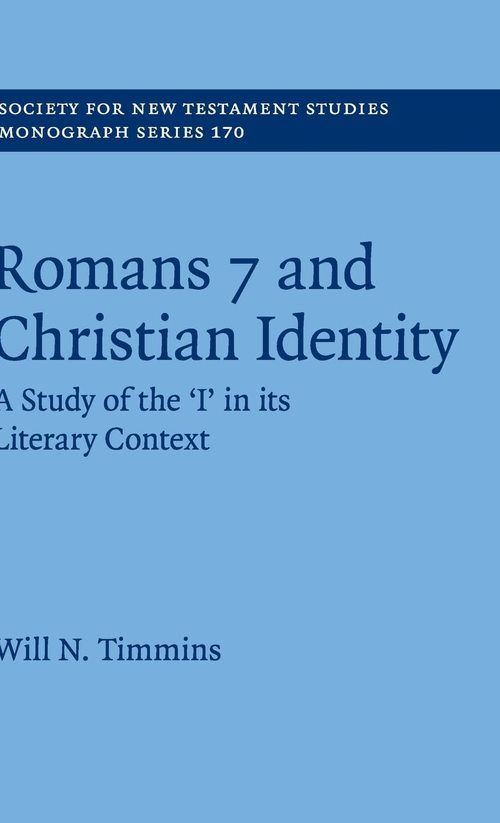
Romans 7 and Christian Identity
by Will Timmins
I normally would not recommend a monograph like this, but Timmins work offers what I found to be a unique and critical treatment of one of the most difficult texts in all of the Bible—Romans 7. I found his arguments of the lingering effects of living in an already-not-yet reality of possessing the Spirit of God while awaiting a new body free from sin convincing.
by Will Timmins
I normally would not recommend a monograph like this, but Timmins work offers what I found to be a unique and critical treatment of one of the most difficult texts in all of the Bible—Romans 7. I found his arguments of the lingering effects of living in an already-not-yet reality of possessing the Spirit of God while awaiting a new body free from sin convincing.
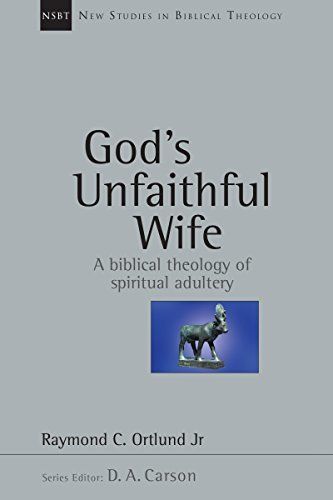
God’s Unfaithful Wife: A Biblical Theology of Spiritual Adultery
by Ray Ortlund
Ortlund does a masterful job of unfolding how the Bible develops the theme of idolatry as adultery, while also showing why adultery is an apt metaphor for idolatry. This book is a little more academic but also profoundly helpful in understanding how to do biblical theology in a responsible way that leads to rich, practical application.
by Ray Ortlund
Ortlund does a masterful job of unfolding how the Bible develops the theme of idolatry as adultery, while also showing why adultery is an apt metaphor for idolatry. This book is a little more academic but also profoundly helpful in understanding how to do biblical theology in a responsible way that leads to rich, practical application.
